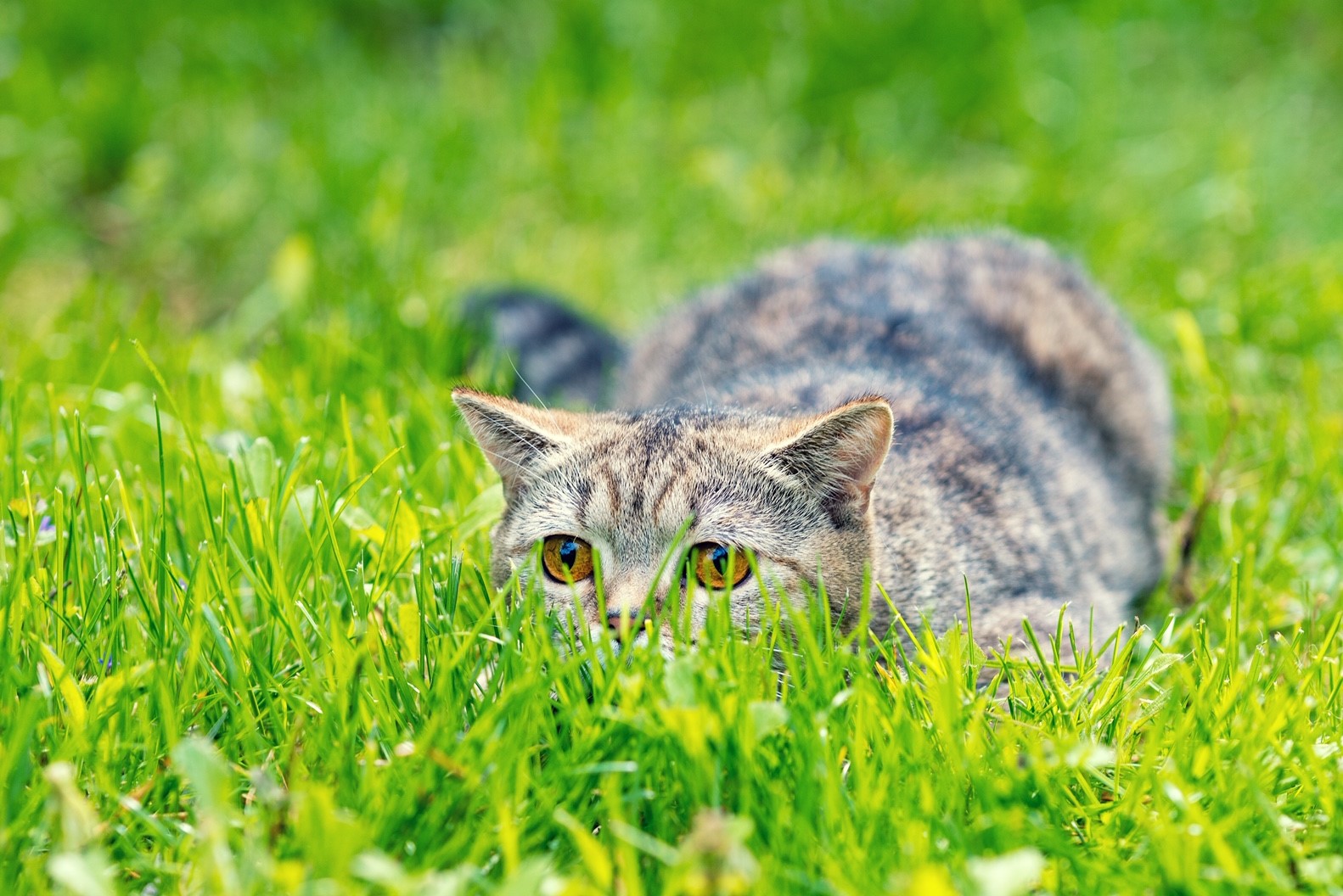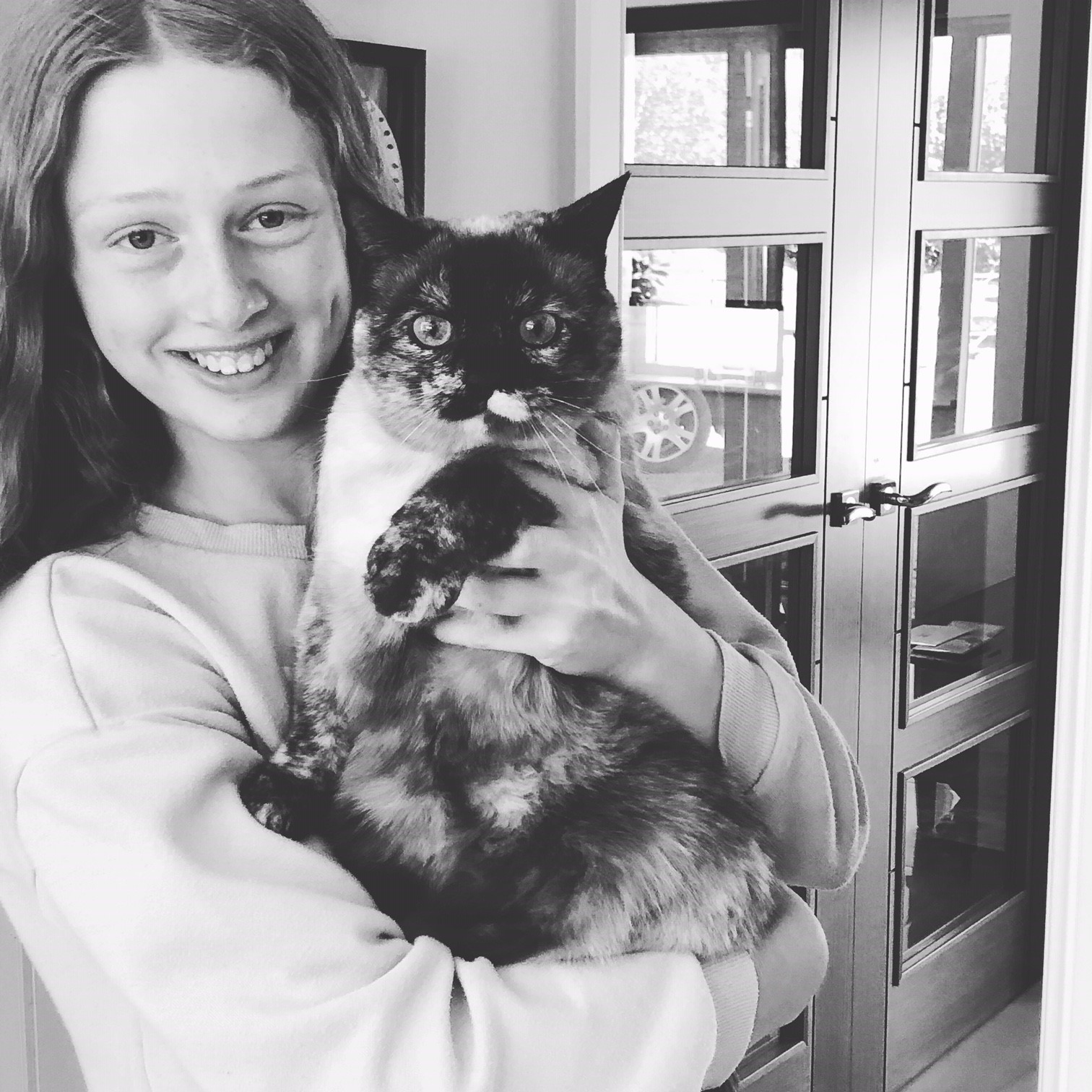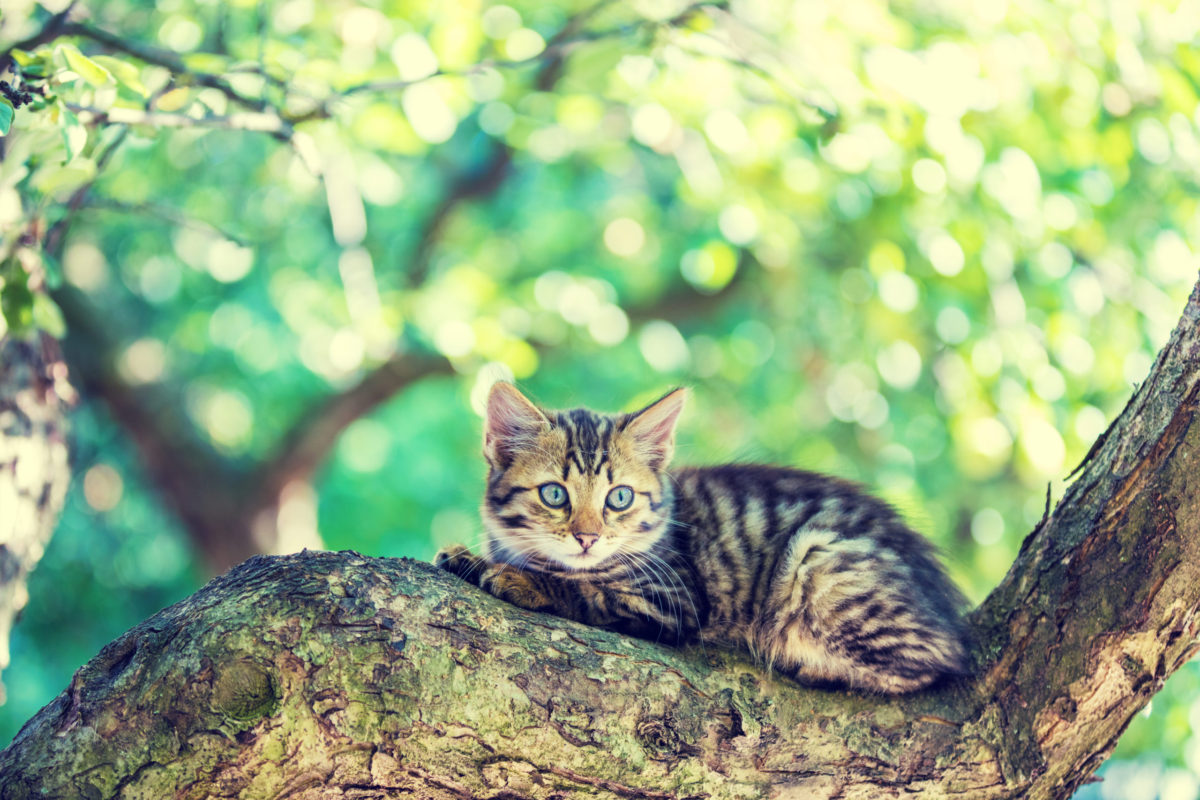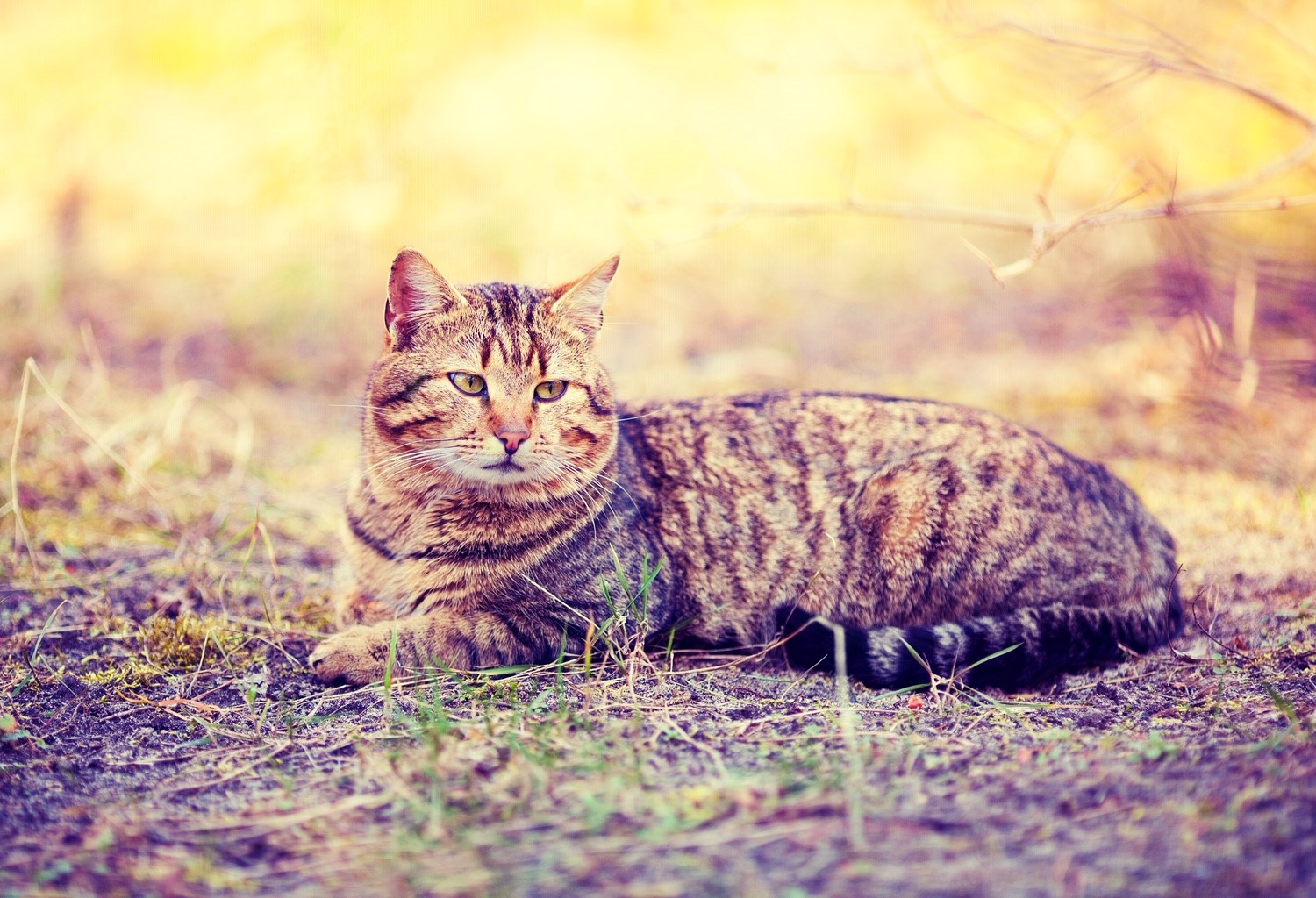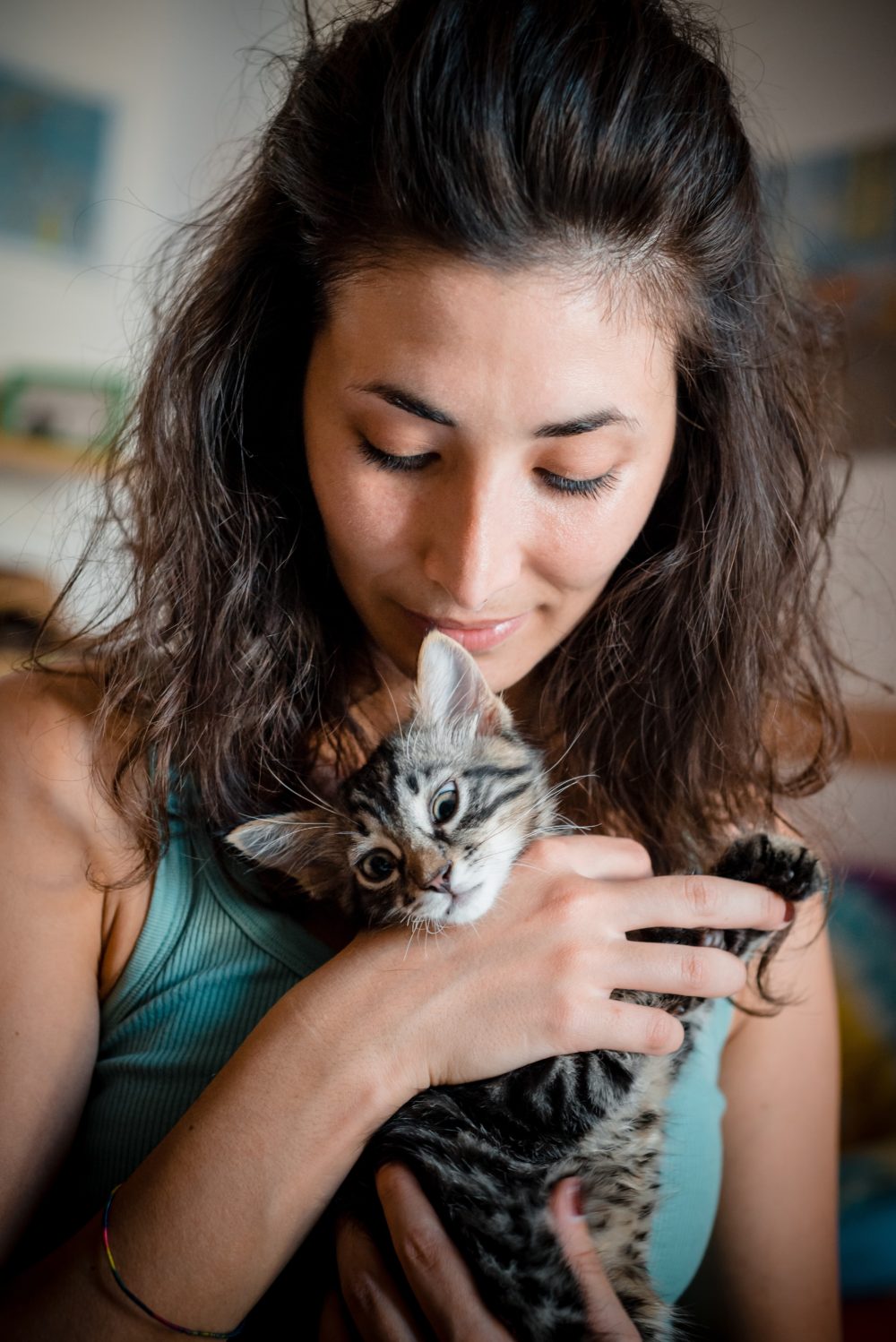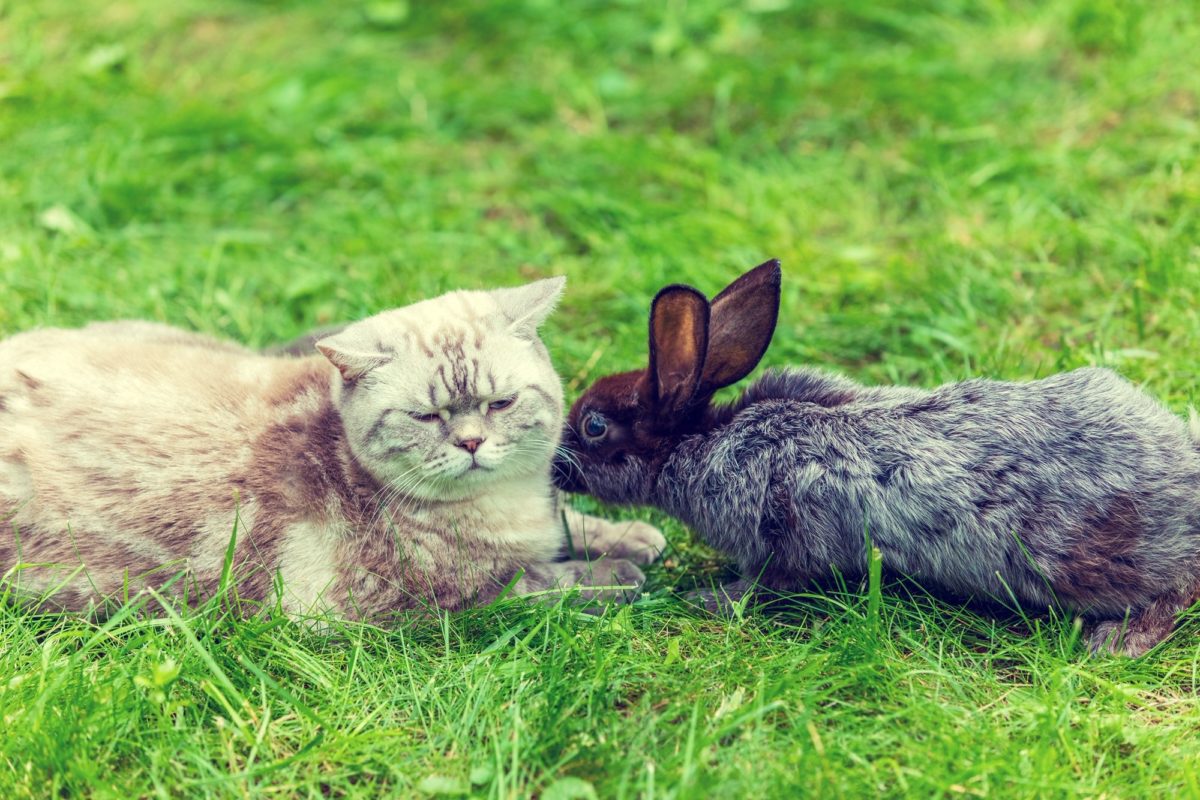
Do cats eat rabbits? Can cats and rabbits get along?
Included in our little pet family are three sheep, two cats and two fish and everyone lives alongside each other in harmony. Therefore, introducing a new addition to the pet family is not a decision to be taken lightly. With a cute little bunny rabbit as a contender to join our expanding brood our main concern was the relationship between the cats and the rabbit. Would the cats and rabbit get along? Was there a possibility that the cats would attack or even kill or eat the rabbit? This article explores the potential relationship between a domestic cat and a pet rabbit.
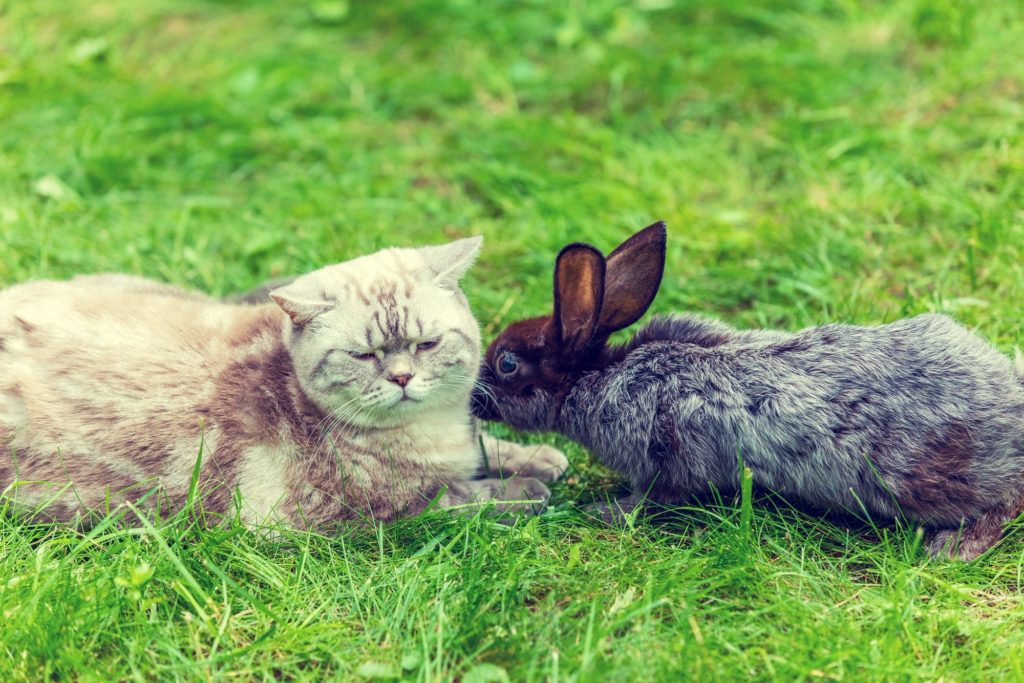
Do cats eat rabbits?
Being that cats are predators and rabbits are prey there is the possibility that, yes, a cat could eat a rabbit. Hunting is a natural instinct in cats, it’s their in-built survival mechanism when hunting was a means of survival. Being carnivores, hunting meat for food was critical to their existence. Since cats were domesticated about 10,000 years ago, they no longer need to hunt for food to survive. But the urge to hunt is still in their make-up – the thrill of the chase, locating their prey, chasing it, playing and toying with their prey until the final kill.
As disheartening as this sound to anyone looking to keep a rabbit and a cat, it must be remembered that this is not always the case. There are so many factors that could influence the relationship of a cat and a rabbit. The age of both pets, the physical size of the cat and the rabbit, their breeds, their introduction, the environment they live, their individual personalities – these are all contributing factors.
Do feral cats kill and eat rabbits?
A feral cat can most certainly kill, and possibility eat a rabbit. Feral cats do not know with certainty where the next meal is coming from. Their survival instincts are finely tuned and sourcing the next meal is key to survival. They will not be aware if the little rabbit playing happily in a garden is a family pet or a wild rabbit. If they are hungry, the rabbit will be seen as the next meal.
It has been noted that many cats, both domesticated and feral, will kill a cat and eat only the head. The reason for this is not known for sure. There are various theories including an instinctual behavior to eat the brain before the muscle as it contains more nutrients. Another theory is that the cat is not killing for food, more of a hunting thrill and ends up devouring the head rather than just crushing it a little bit. It is therefore extremely important not to leave your pet rabbit outside unattended unless its in a very secure cage. Keeping them secure will ensure their safety against other predators too – not just cats.
Can cats and rabbits get along?
Although the above realization of the cat and rabbit being predator and prey can be quite startling, it must be remembered that there are also many tales of cats and rabbits living together in harmony – even becoming the closest of friends in some situations. Caution and close observation are key in nurturing a harmonious living arrangement between a cat and a rabbit. It will always be easier to keep a cat and rabbit living in harmony if they are both introduced to each other as kittens. There is a greater chance of them seeing each other as companions in life when introduced at this age.
The size of both the cat and rabbit at adulthood can affect the success of their relationship. A small rabbit living with a large cat can be more problematic than vice versa. Certain rabbit breeds such as English Lop, Flemish Giant , French Lop and New Zealand White for example will grow into a large rabbit, making them unsuitable prey for a standard sized domestic cat.
Check out the guidelines below for introducing a new cat or new rabbit to each other.
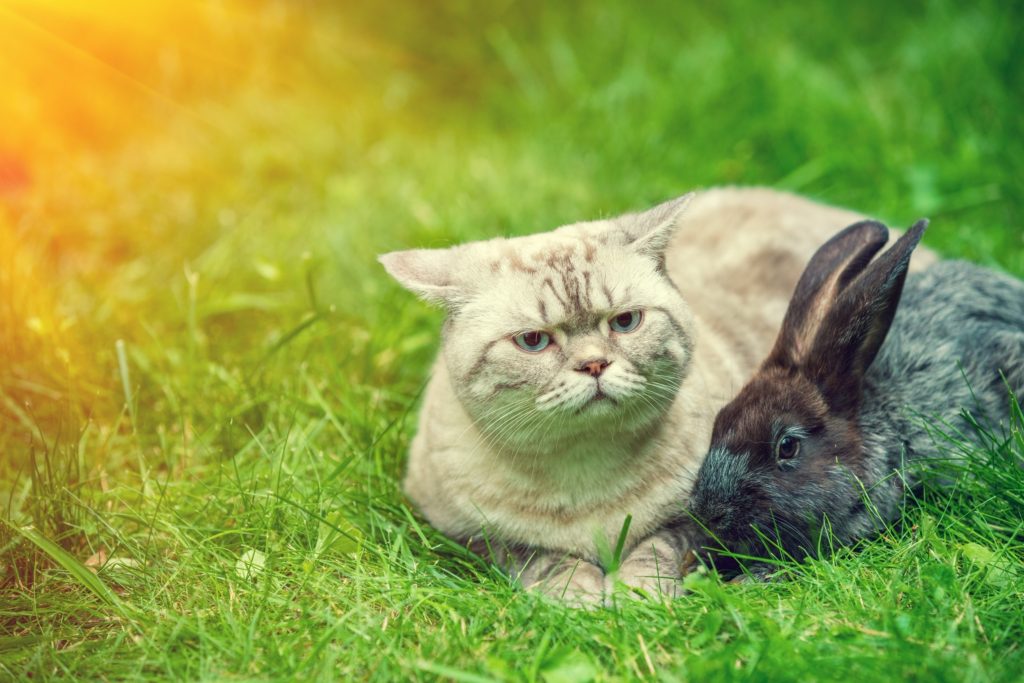
Introducing a cat and rabbit
When introducing your new rabbit to your cat for the first time a calm, relaxed setting is critical. Animals are extremely sensitive to danger or if they perceive a threat to their safety, it can even make them ill if they become distressed. Rabbits are particularity sensitive to changes and can become stressed easily. Before the first meeting it is a good idea for the cat and the rabbit to get used to each others scents. This can be done easily with a little blanket or cloth. Gently stroke your rabbit’s fur with the blanket and then let your cat sniff and explore the scent. Repeat the process by then stroking your cat’s fur and allowing your rabbit to then explore this new scent. This process can be repeated a few times.
When bringing your rabbit and cat face to face for the first time keep the rabbit in a secure cage. Initially this cage should be kept away from the cat unless it’s at supervised familiarity meetings. Do not allow your cat to have access to the room where the rabbit cage is kept. It is best to always keep the rabbit in its cage when the cat has access to the rabbit. Allow them to sniff each other, watch each other, and simply get used to each other’s presence and behaviours.
Trust your instinct and your observations to know when it feels right to let your rabbit free from the cage whilst in the presence of your cat. Supervision is critical. Every animal reacts differently and if either pet displays any signs of distress then abandon the interaction immediately. In some situation they may never bond, other cat and rabbit relationships will bond over time, slowly but surely. Please do not be disappointed if they simply do not get on.
Signs that a rabbit and a cat are getting along include:
- Grooming each other
- Laying down next to each other
- Both relaxed and happy in each other’s company.
Steps for keeping your pet rabbit safe from cats
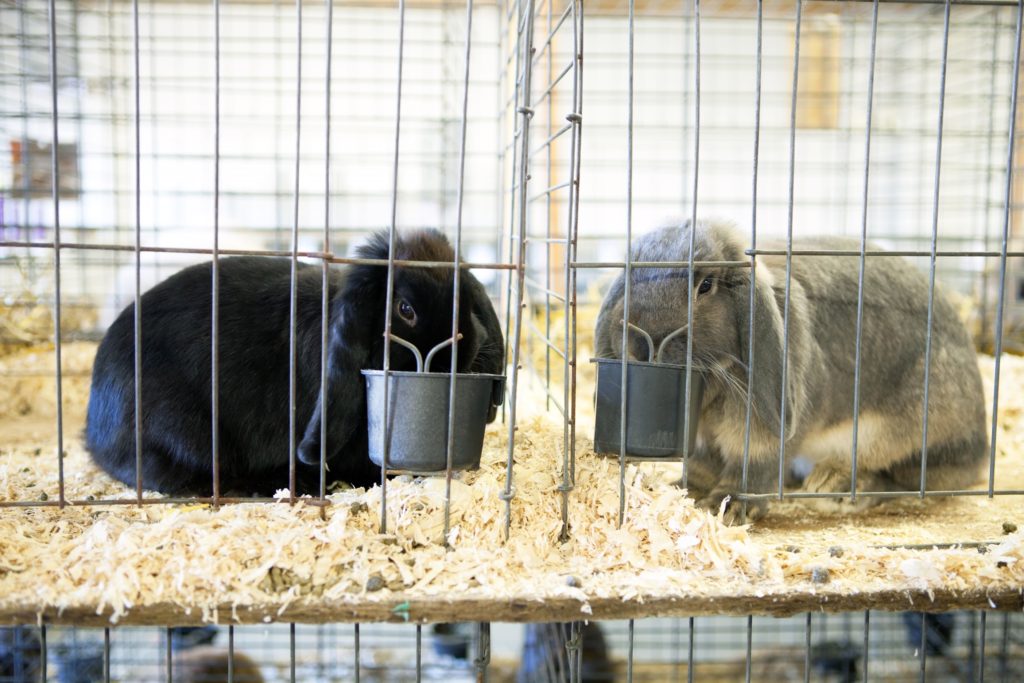
There are a few key steps to ensure the safety of your rabbit:
- Ensure your rabbit’s hutch is strong. A strong cage that cannot be accessed by any predator is critical to your rabbit’s safety. An outdoor hutch will need to be extra strong for protection from other predators too. Ensure the hutch wiring is one that can’t accommodate a cat’s swiping paw. A hutch which allows the rabbit somewhere to hide if it becomes distressed or scared is best.
2. Secure door fastening. It is very easy to underestimate how clever and cunning some predators can be. A lock will guarantee security.
3. Supervision is key. When letting your rabbit out in the garden, or in the house for a little roam, do not leave the rabbit unattended. Leaving the room or popping indoors for 5 minutes could leave your rabbit vulnerable.
Is it possible to stop your cat from hunting?
Given the instinctive prey characteristic in cats, is it possible to reduce this hunting urge? Could this then help to ensure the rabbit’s safety? A cat which has outdoor access is much likely to have their hunting needs satisfied on their daily exploration of the outside world. The debate regarding indoor / outdoor cat is one which constantly divides cat owners. We have explored these issues and arguments in our article ‘Should I let my cat outside at night? Indoor or outdoor cat?’ Keeping your cat indoors will prevent your cat from hunting wildlife. An indoor cat will still need to have their hunting instinct satisfied with plenty of play time, access to climbing areas and a stimulating environment. Check out our article ’18 games to play with your cat’. Ensuring your cat doesn’t get bored and is mentally stimulated may possibly make the rabbit a less obvious target.
______________________________________________________________________________________________________________________________________
Other articles you may find of interest:
How to keep your cat happy – 10 key factors
Do cats keep rats away? Do cats hunt rats?
What is a catio / cat enclosure?
What to do when your cat brings home a dead mouse or bird?
How to keep neighboring cats away from your cat – 14 top tips
